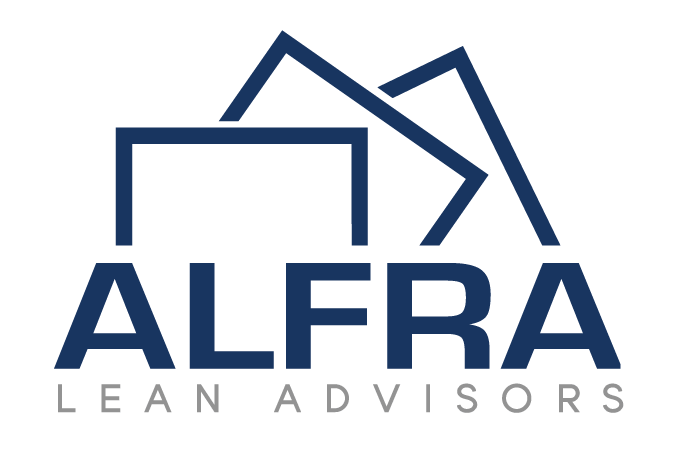QUALITY AT THE SOURCE
DATE & LOCATION
To be defined
QUALITY AT THE SOURCE
Quality is the best strategy of Growth, Productivity, Value Creation and Culture that companies can implement. Quality is more than a requirement of the customer, it is the personal seal of the products and companies that manufacture them. The Quality Level is reached by the robustness of the processes and the execution of the defined standard procedures. It is imperative to obtain the conviction primarily of production operators, better known as quality operators. Products should not leave their workstations without being fully certified in the fulfillment of defined expectations.
Through the tools, strategies and mechanisms of Quality Assurance we can achieve products free of defects while we know firsthand the deviations in our processes that cause products outside the defined specifications. This is a great contribution of the concept and strategies of Quality at the source compared to manufacturing traditional production and product re-work. Understanding the improvements required in the processes to achieve ZERO defects in products is only possible with strategies aimed at controlling Quality at the Source.
| COMPANIES | LOGO | PROGRAM |
|---|---|---|
| San Mina- GDL | 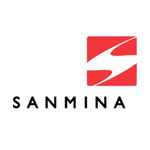 |
Lean Office |
| Hammond Power Solutions |  |
Problem Solving |
| Rockwell (Canada & Monterrey) | 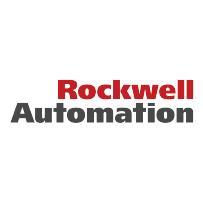 |
TPS Gemba Training |
| Nemak | 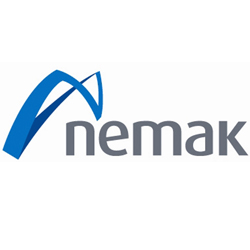 |
EMDS |
| CEMEX | 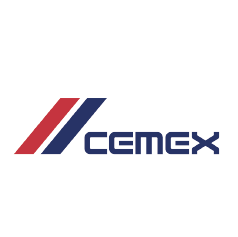 |
TPM Mtto. Total Toyota Productive |
| Kimball Electronics | 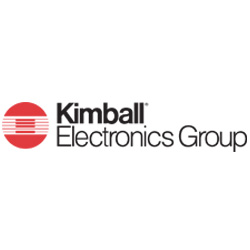 |
TPS Gemba Training |
| Frisa | 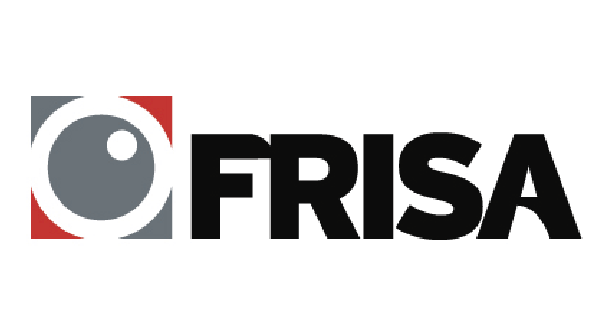 |
Lean Office |
| SKF |  |
Planification and control of the production
TPS Gemba Training |
| Sogefi Group | 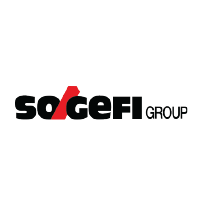 |
TPM Mtto.Total Toyota Productive |
| Silgan- San Luis | 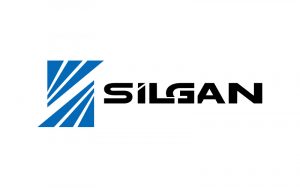 |
Planification and control of the production
TPM Mtto. Total Toyota Productive TPS Gemba Training |
| Avanzar Interior Technologies | 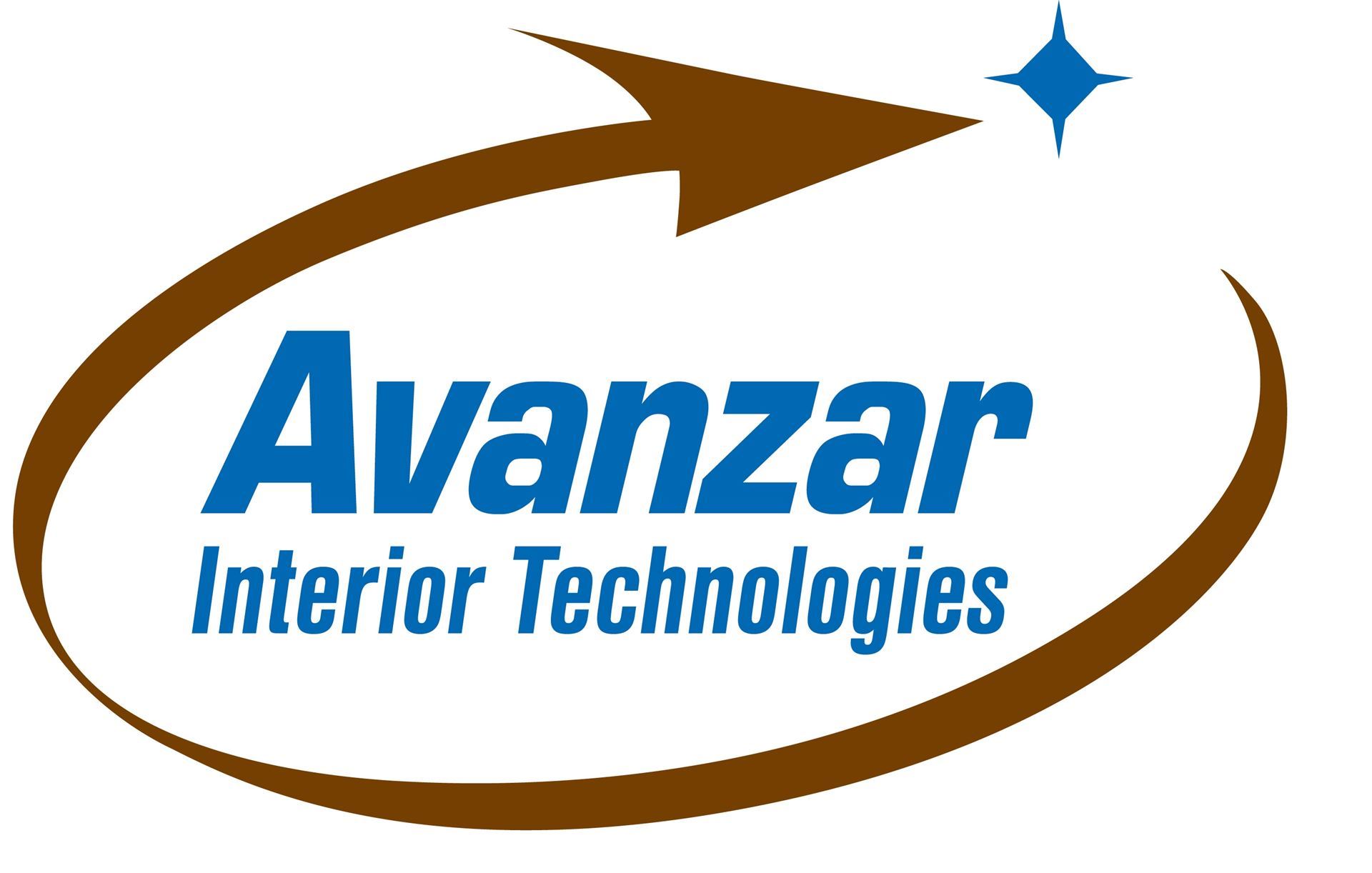 |
Toyota Kata in Field |
| Daimler Mercedes Benz | 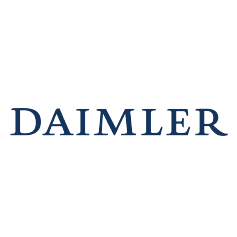 |
TPS Gemba Training
Toyota Kata in Field |
OBJECTIVES
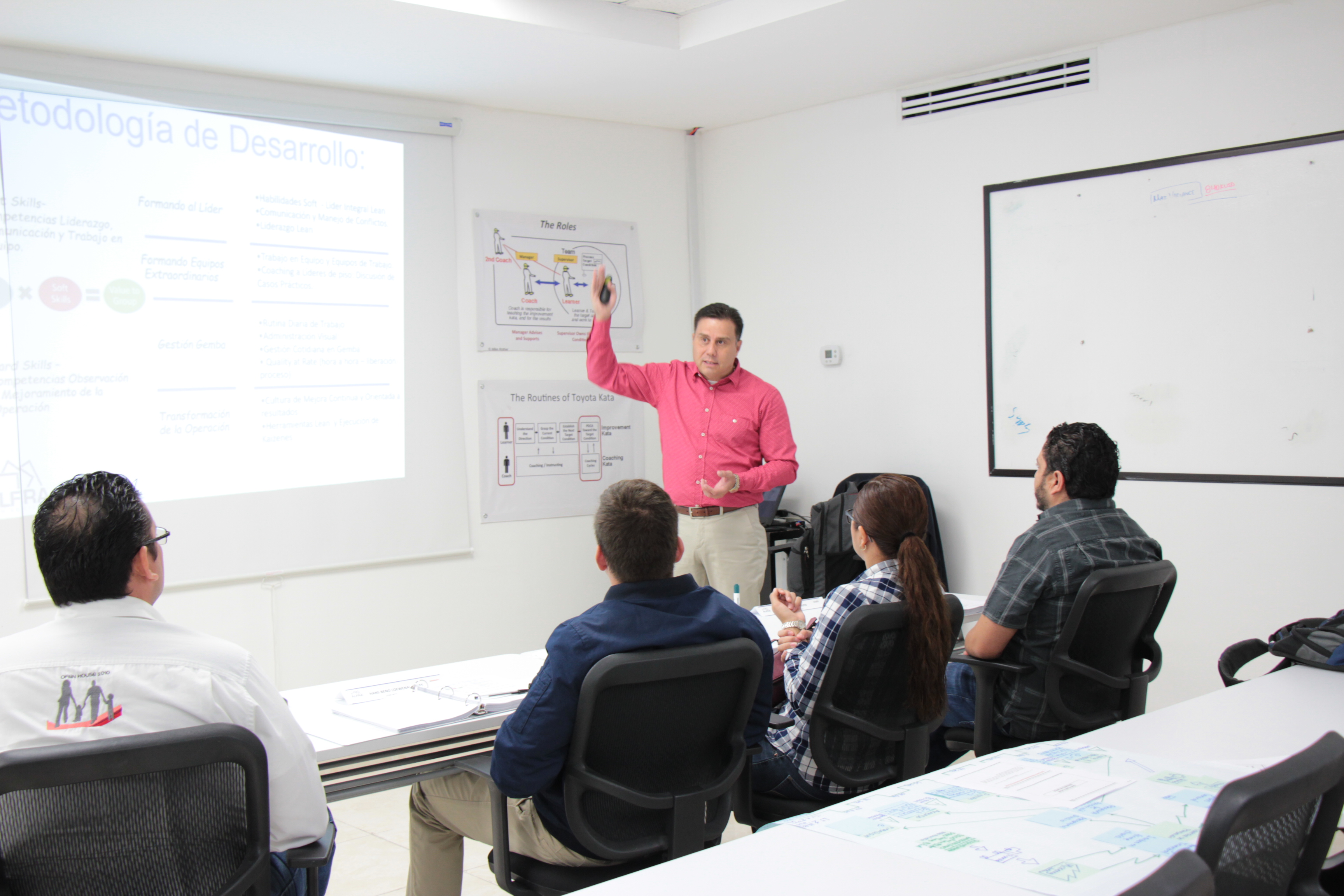
AIMED AT
Organizations and companies in their Operations areas, Quality, Processes or Engineering that require the establishment of systems and controls to identify situations that impact the quality of processes and products.
¿WHY QUALITY?
- Quality is the best strategy of Growth, Productivity, and Creation of Value within the Culture.
- Quality is more than a requirement of the customer, it is the personal seal of the products and companies that manufacture them.
- The Quality Level is reached by the robustness of the processes and the execution of the defined standard procedures.
- Quality must be seen as a Value and not an Objective.
EXPECTATIONS OF THE SESSION
In this session we will work on practical examples, taking advantage of more than 30 years experience in the Manufacturing Industry, of which almost 20 years have been in the Automotive Industry. ,We will review very simple, but very effective strategies and methods to bring in your company Quality up several levels.
We will share the Mechanisms of Management that will serve to challenge the current procedures of your plant. We will improve and improve them to theyour ability tolevel of iIdentify the problems atin the Source of Origin and take one more step in your systems towards the ZERO DEFECTS S mentality. In this session we will not reinforce theory about the Quality systems or about the importance of meeting the requirements of the Client in terms of Quality.
PROGRAM
| DAY 1 | DAY 2 |
|---|---|
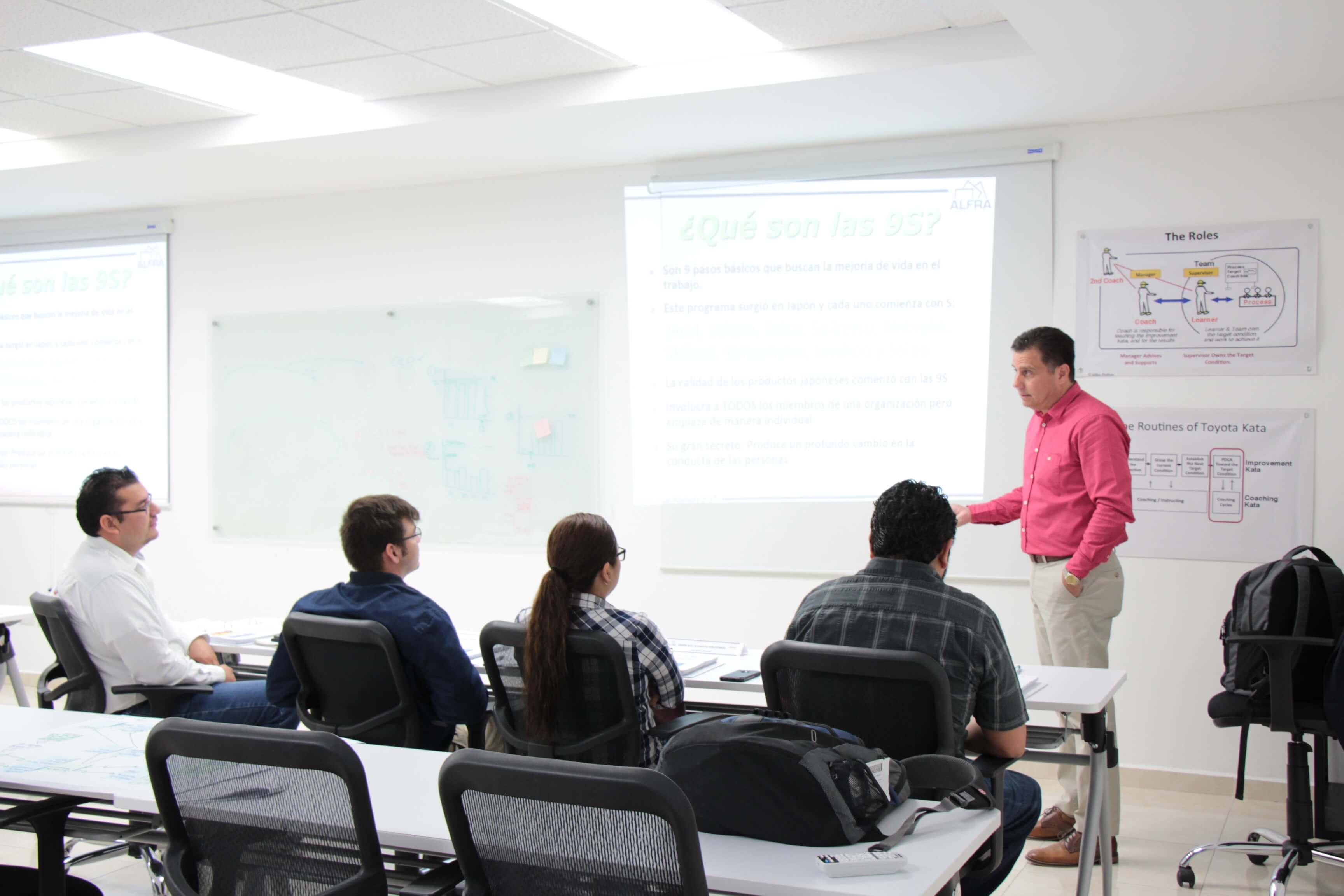 |
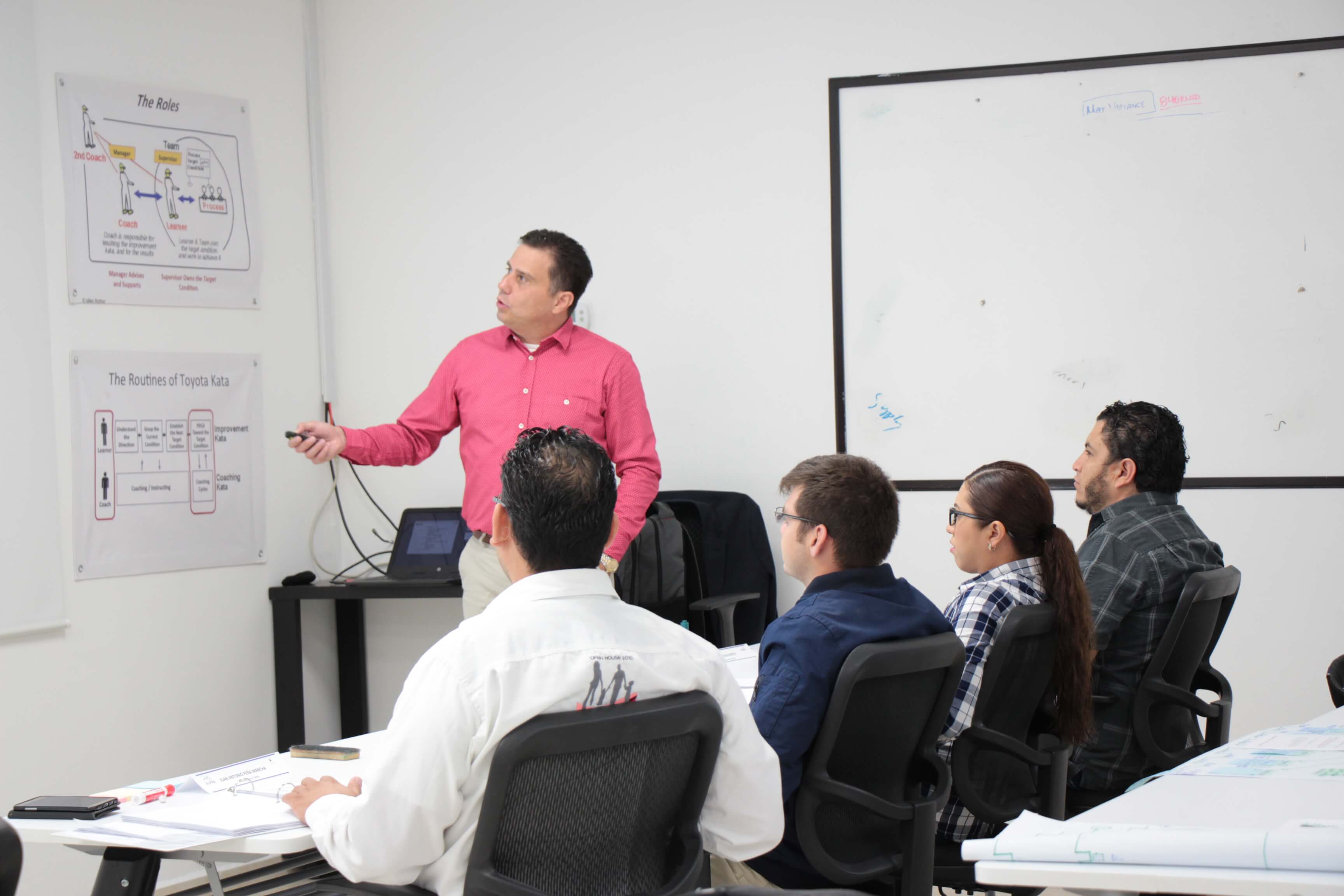 |
Module I: Basics of Quality at the Source
Module II: Support and Support Documentation
|
Module III: Management System
Module IV: Practical Management System
|
INSTRUCTOR
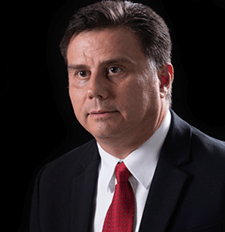
ALFONSO FELIX
SC, Especialidad Educación Cognoscitiva ITESO, D1 IPADE. Director General Bajío
Alfonso has accumulated +19 years of experience in the automotive industry serving in several functional areas and Top Management. He held several positions including Technology Information (serving Mexico, Brazil, Scotland and Japan), Materials Management (Mexico and USA), Operations and functioning as Plant Manager. Alfonso´s automotive experience includes 15 years working for American Axle and Manufacturing (AAM) and Nemak. Alfonso previously served as Technology Information Manager in a dairy company (Lechera Guadalajara) where he was part of a systems culture transformation for the whole company. Alfonso`s AAM`s plants won several Leadership and Productivity awards. Alfonso has been working with the Shingo Prize and other Organizations for the last 7 years being part of several conferences, serving as speaker, and acting as a Shingo Prize evaluator. He was part of 2010 Shingo Prize Japan study tour learning directly from several former Toyota Leaders. Alfonso´s experience includes Launching 6 brand new plants for AAM and Nemak serving in a different roles. He was part of the Lean Culture establishment for both companies new plants. He was part of the successful Production transition between USA and Mexico Plants for AAM that included 6 plants. He worked as a supplier for GM, FCA, Ford, VW, Audi, Nissan, BMW and other OEM`s. Bachelor of Computer Systems Engineering from ITESO in Guadalajara. Specialist in Education certified by ITESO. D1 Top Management Direction certified by IPADE. Japan Tour Lean Manufacturing and TPS studies with Utah University.
SERVICES INCLUDED
The Training Certificate will be issued 6 months after attending the course, presenting the implementation and results obtained.
- Training Diploma
- Manual and learning material.
- Implementation Formats and Templates for Lean Systems and Tools
- Course Certificate
